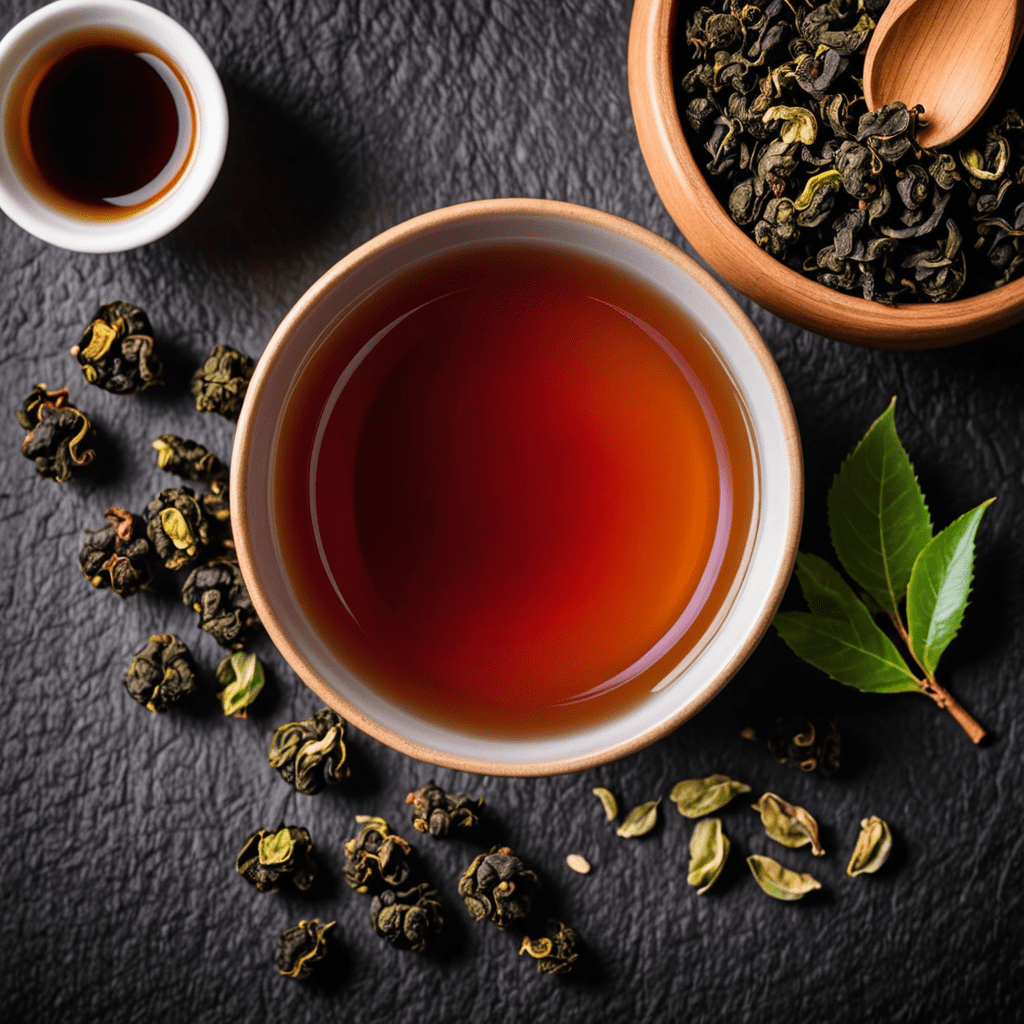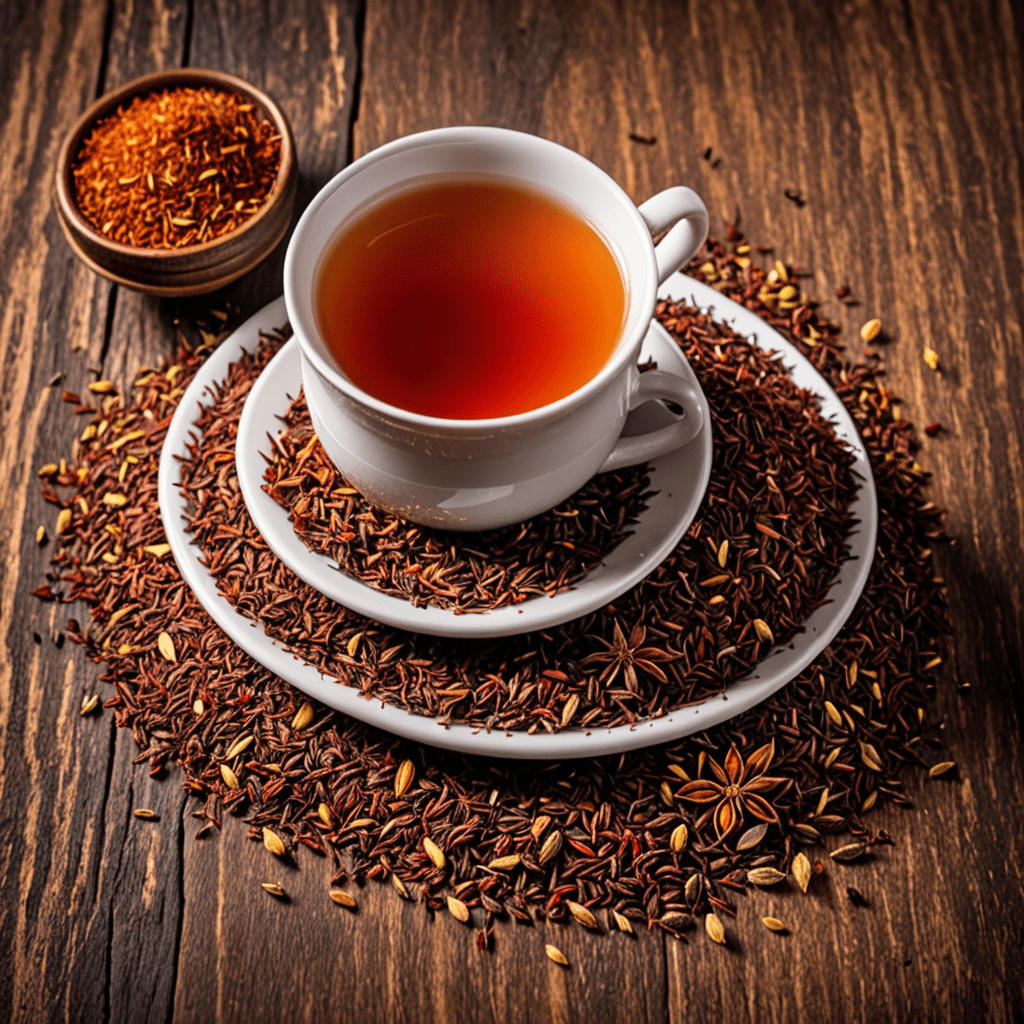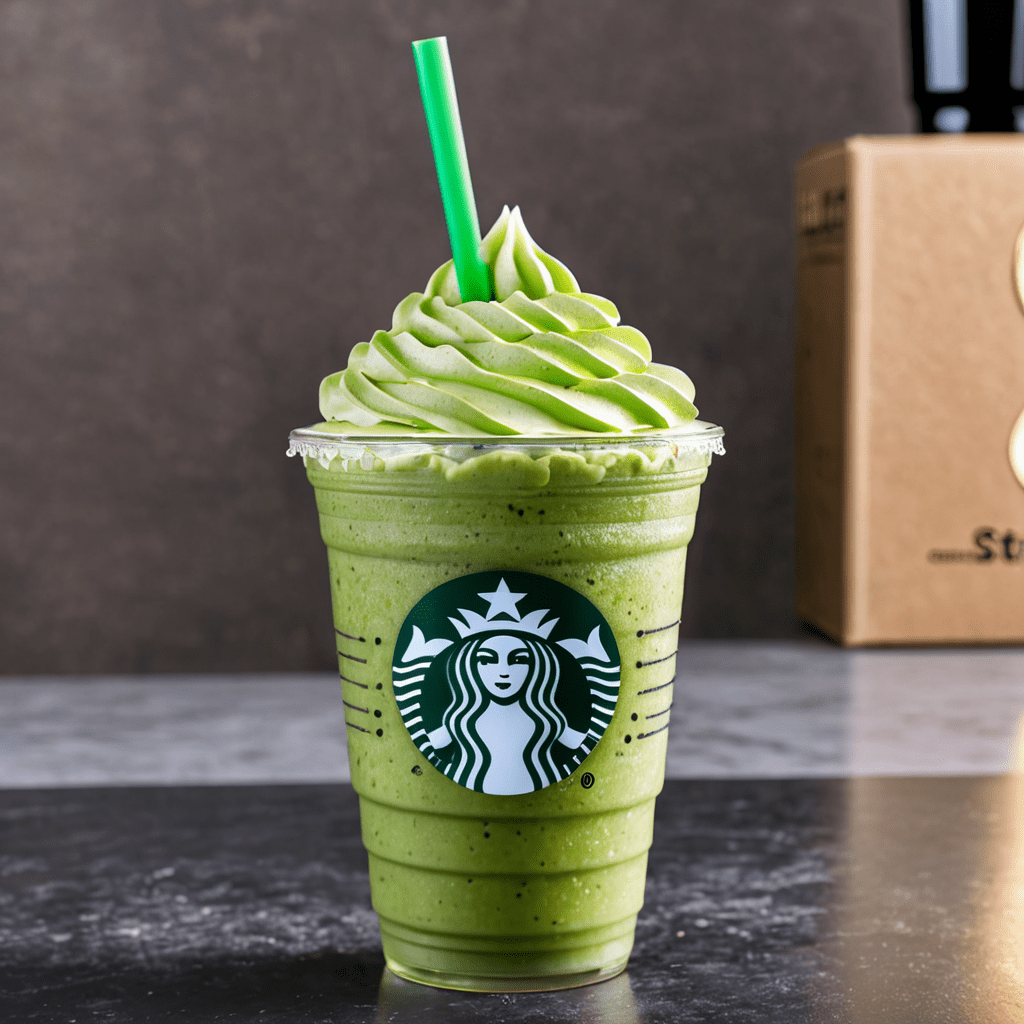
Matcha and Oral Health: Green Tea’s Effects on Oral Care
Introduction: Matcha and Oral Health
Matcha, a finely ground green tea, has gained immense popularity for its exceptional health benefits, including its potential to promote oral health. This vibrant green powder, derived from shade-grown tea leaves, possesses a unique composition of antioxidants and catechins that may play a vital role in preventing dental cavities, fighting oral bacteria, and maintaining gum health. In this comprehensive guide, we delve into the scientific evidence behind matcha's impact on oral hygiene, exploring its multifaceted effects on dental health.
Matcha: An Overview
Matcha is a unique type of green tea prepared by grinding the entire tea leaf into a fine powder. This method of preparation preserves the tea's natural nutrients and antioxidants, resulting in a highly concentrated source of health-promoting compounds. Matcha has been revered for centuries in traditional Japanese tea ceremonies and is now widely consumed worldwide for its numerous health benefits.
Antioxidants and Catechins in Matcha
Matcha is particularly rich in antioxidants, especially catechins, which are powerful plant compounds with various health effects. The most abundant catechin in matcha is epigallocatechin-3-gallate (EGCG), which has been extensively studied for its potential to promote oral health. EGCG and other catechins possess antioxidant and antimicrobial properties that may help protect against dental caries and gum disease.
Effects of Catechins on Dental Caries
Dental caries, commonly known as tooth decay, is a prevalent oral health issue caused by bacteria that feed on sugars in the mouth, producing acids that erode tooth enamel. Catechins in matcha have been shown to inhibit the growth of these bacteria and reduce acid production, thereby protecting against the development of dental caries. EGCG, in particular, has been found to have a strong antimicrobial effect against Streptococcus mutans, a primary bacterium responsible for tooth decay.
Antimicrobial Properties of Matcha
Beyond its effects on dental caries, matcha also exhibits antimicrobial properties that may help combat other oral health issues. Studies have indicated that catechins in matcha can inhibit the growth of oral bacteria associated with gum disease, such as Porphyromonas gingivalis and Aggregatibacter actinomycetemcomitans. These bacteria contribute to the development of periodontal disease by triggering inflammation and tissue damage. By suppressing the growth of these harmful bacteria, matcha may help reduce the risk of gum disease and maintain periodontal health.
Matcha and Gum Health
Gum disease, also known as periodontitis, is a chronic inflammatory condition that affects the gum tissue and supporting structures of the teeth. It is caused by the accumulation of bacteria in the form of plaque and tartar, which can lead to redness, swelling, and bleeding of the gums. Catechins in matcha have been found to reduce inflammation and inhibit the growth of bacteria associated with gum disease, potentially contributing to the prevention and management of this condition.
Matcha and Oral Cancer Risk
Oral cancer is a severe form of cancer that affects the mouth, tongue, and throat. Various risk factors, including tobacco use, alcohol consumption, and certain viral infections, can increase the likelihood of developing oral cancer. While more research is needed to establish a definitive link, some studies have suggested that matcha may play a role in reducing the risk of oral cancer due to its antioxidant and anti-inflammatory properties. Catechins in matcha may help protect cells from damage and inhibit the growth of cancerous cells, potentially offering some protection against oral cancer development.
Potential Risks of Excessive Matcha Consumption
While matcha offers numerous oral health benefits, excessive consumption should be avoided. High intake of matcha may lead to increased caffeine intake, which can cause anxiety, insomnia, and increased heart rate in some individuals. Additionally, matcha contains fluoride, and consuming excessive amounts may contribute to fluorosis, a condition that can affect the appearance and health of teeth. It is recommended to consume matcha in moderation and as part of a balanced diet to maximize its benefits while minimizing potential risks.
Considerations for Optimizing Dental Health Benefits from Matcha
To optimize the dental health benefits of matcha, consider the following tips:
- Moderate Consumption: Consume matcha in moderation to avoid excessive caffeine intake and potential fluorosis.
- Regular Brushing and Flossing: Continue practicing good oral hygiene habits by brushing twice a day and flossing regularly.
- Avoid Sugary Drinks: Limit the consumption of sugary beverages that can promote tooth decay.
- Rinse with Water After Drinking: Rinse your mouth with water after consuming matcha to help remove any residual sugars and reduce the risk of caries.
- Consult with a Dental Professional: Consult with a dentist or dental hygienist to discuss incorporating matcha into your oral health routine and rule out any underlying oral health issues.
Conclusion: Matcha and the Future of Oral Care
Matcha, with its rich antioxidant and catechin content, has emerged as a promising supplement for promoting oral health. Its potential to prevent dental caries, fight oral bacteria, and maintain gum health makes it a valuable addition to a comprehensive oral hygiene regimen. As research continues to explore the multifaceted effects of matcha on dental health, it is likely that this vibrant green tea will play an increasingly significant role in the future of oral care.
FAQs
Q: How much matcha should I consume per day?
A: Moderate matcha consumption is recommended, typically around 1-2 cups per day.
Q: Can matcha replace my regular toothpaste?
A: No, matcha should not be used as a substitute for toothpaste. Regular brushing and flossing remain essential for maintaining good oral hygiene.
Q: Is matcha safe for children to consume?
A: While matcha contains caffeine, it is generally safe for children to consume in small amounts. However, it is essential to monitor caffeine intake and ensure that children do not experience any adverse effects.
Q: Can matcha help whiten teeth?
A: Matcha itself does not have teeth-whitening properties. However, it may help reduce staining by removing surface stains and preventing the formation of new ones.
Q: Is matcha beneficial for people with braces?
A: Yes, matcha can be beneficial for people with braces. Its antimicrobial properties may help reduce plaque and bacteria buildup around braces, making oral hygiene maintenance easier.


